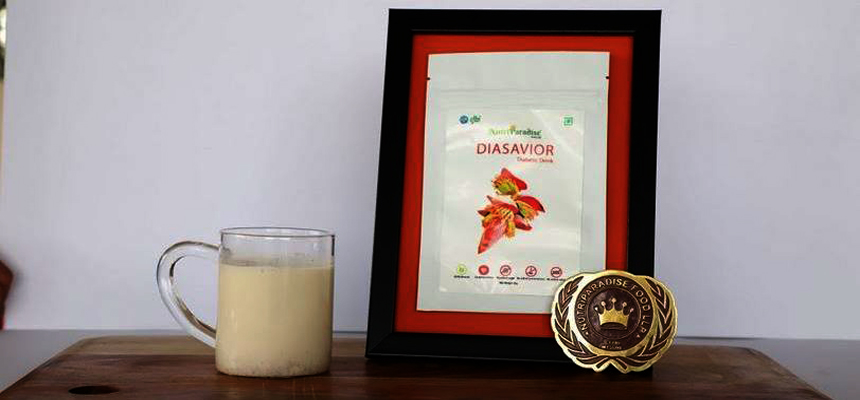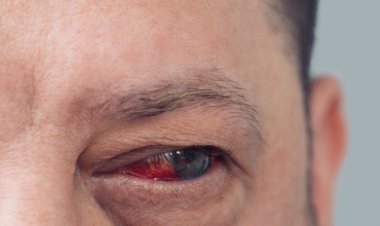Coping anxiety through VR

Experts characterize VR treatment as a "major breakthrough" in treating mental health illnesses, and they believe it is the next big thing in medicine, despite the fact that it has yet to hit the mainstream
Many people endure internal conflicts such as post-traumatic stress disorder, anxiety attacks, and various phobias, turning their lives into nightmares as they confront phantom monsters in a closet. Fear, wrath, concern, and frustration keep individuals on edge as they urgently seek a solution to keep their minds from going crazy. The epidemic may have exacerbated people's conditions.
But what looks to be a new ray of light for putting a stop to these mental health difficulties, or at least keeping the mind from freaking out any further, is Virtual Reality (VR) therapy, which the world is gradually becoming aware of.
Doctors throughout the world are increasingly recommending VR therapy to detect and cure medical issues. VR technology, which immerses a patient in a three-dimensional world that simulates a traumatic experience or other mental health difficulties, is also gaining traction in India, with encouraging results. All one needs to do is put on a headset, descend into the past, confront their phobias, although in a controlled manner, and overcome the disorders in real life.
Virtual Reality next big thing for mental health
A new wave of psychology study is using virtual reality (VR) to diagnose and treat a variety of medical illnesses, including social anxiety, chronic pain, and Alzheimer's disease. Today's VR content is largely intended to aid exposure therapy, a treatment for anxiety disorders in which patients are exposed to anxiety-inducing stimuli in a secure, controlled environment until they learn that the "threats" they are concerned about are not in fact really serious.
"Virtual and augmented reality (VR and AR) uses computer-generated scenarios that can be viewed through special high-end goggles to assist patients with anxiety and mental disorders, and it has been discovered to be a potential diagnostic and therapeutic tool for the treatment of Alzheimer's Disease (AD) and other dementias. Studies have proven that VR therapy can significantly benefit dementia sufferers, as well as their caretakers and family members.
When dementia patients were treated and exposed to virtual reality therapy, their hostility decreased and their interactions with their carers improved. A report from a small research conducted in Kent, United Kingdom, verified similar findings.Virtual reality was also discovered to be effective in the diagnosis of Alzheimer's disease, and the specificity and sensitivity appeared to improve with the usage of various reality simulation programmes.
The virtual maze navigation test can detect persons with Alzheimer's disease early on, and it can almost always identify subjects who carry the AD suggestibility gene. People with the Alzheimer's disease susceptibility gene do the virtual maze navigation test with a higher level of difficulty than normal age-matched controls.Dr. Nirali Bhatia, Cyber Psychologist & Psychotherapist, suggests using guided imagery to help clients overcome their fear of heights.
This technique involves visualising the scene and stimulating the experience. The client is then guided to strive towards it while keeping a close eye on the physical changes. "At every level, we inquire and evaluate how people feel. However, this method would necessitate the client's ability to mentally attempt to enter that state. With the use of VR, it has become exceedingly easy and highly real-like simulation that can be applied to every client, regardless of the boundaries of language or cognitivity, to get into the complete led imagery, getting it correctly without any biases and fears," she says.
According to Dr. Bhatia, VR applications can help with a variety of mental health disorders, including social anxiety and terror. "In VR applications, this type of stimulation environment is established in which the client is gradually asked to move to the next floor. At each level, the client's feelings are brought to their attention in terms of how they were feeling before and how they are feeling now.
At that stage, we can also help if they have anxiety or palpitations because we are always monitoring them and their bodily movements and can instantly intervene and guide them on how to deal with it before moving on to the next level. That is exactly how it works," she explains.According to experts, certain clients may require multiple simulation runs to achieve the desired outcomes. For some, each session may feel like they're in a fantasy story.
"We gradually facilitate the patient's exposure to low intensity stimuli in a safe and controlled environment using auditory and visual aids. Physical signs and psychological reactions are evaluated slowly. Clients who shun and are afraid of the stimulus will experience it with the guidance of a psychiatrist and in a safe atmosphere," says Dr Krishna Sahiti, consultant psychiatrist at Apollo Hospital in Jubilee Hills. She states that in subsequent sessions, they gradually increase the intensity of the stimulus in order to assist the patient experience the stimulus without symptoms and facilitate them.

 Disclaimer: Welthi.com does not guarantee any specific results as a result of the procedures mentioned here, and the results may vary from person to person.
Disclaimer: Welthi.com does not guarantee any specific results as a result of the procedures mentioned here, and the results may vary from person to person.









